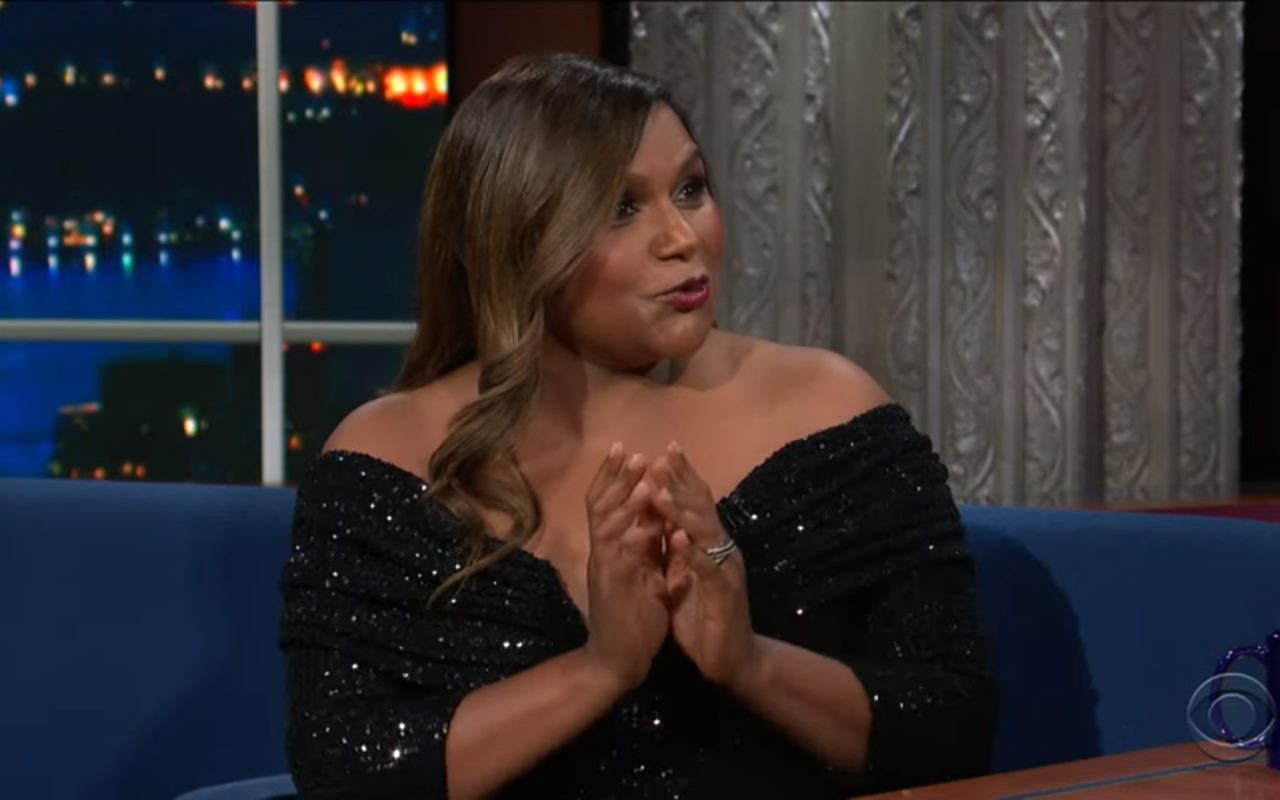In a recent episode, Stephen Colbert, the popular late-night talk show host, made headlines when he issued an apology that resonated with many viewers. The incident has sparked discussions about accountability, humor, and the responsibilities of public figures. This article delves into the details surrounding Colbert’s apology, exploring its implications and the broader societal context it represents.
The world of late-night television is often a platform for comedians to push boundaries, challenge norms, and engage in social commentary. However, with great power comes great responsibility, and Colbert's recent remarks have raised questions about the fine line between comedy and offense. In this article, we will explore the reasons behind Colbert’s apology, the reactions it elicited, and what it means for the future of comedic expression.
As we dissect this incident, we will also look into how public apologies have evolved in the digital age, particularly in the realm of social media where reactions are instantaneous and often amplified. Join us as we navigate through Colbert’s journey, the importance of sincerity in apologies, and what his response teaches us about the current landscape of entertainment.
Table of Contents
- Background of the Incident
- The Apology: What Was Said?
- Public Reaction to Colbert's Apology
- Implications for Comedy and Public Figures
- The Evolution of Apologies in the Digital Age
- The Role of Humor in Society
- Conclusion
- Call to Action
Background of the Incident
Stephen Colbert is known for his sharp wit and incisive commentary on political and social issues. His late-night show often features satirical takes on current events, which can sometimes lead to controversial moments. The incident that prompted his apology involved a joke that many deemed inappropriate, leading to significant backlash from various audiences.
The joke in question was initially intended to be humorous, but it quickly became a source of contention. Critics argued that it crossed a line, particularly in the context of ongoing social movements advocating for sensitivity and inclusivity. Colbert’s decision to address the situation head-on demonstrates his awareness of the evolving standards of comedy and public discourse.
The Apology: What Was Said?
In a subsequent episode, Colbert took a moment to address the uproar directly. He expressed regret for his choice of words, acknowledging that they may have hurt or offended some viewers. His apology was heartfelt, emphasizing his intent to entertain rather than to harm.
Key points from Colbert’s apology included:
- Acknowledgment of the impact of his words.
- Clarification of his intent behind the joke.
- A commitment to being more mindful in the future.
Public Reaction to Colbert's Apology
The response to Colbert's apology was mixed. Many fans appreciated his willingness to take responsibility and recognized the challenges of navigating humor in today’s climate. Others, however, felt that the backlash was overblown and that comedians should have the freedom to explore difficult topics without fear of reprisal.
Social media played a significant role in shaping the narrative around Colbert's apology. Hashtags related to the incident trended, leading to widespread discussions about the balance between comedy and sensitivity. This not only reflects the power of social media but also highlights the need for public figures to be attuned to their audience’s sentiments.
Implications for Comedy and Public Figures
Colbert's apology raises important questions about the nature of comedy and the responsibilities of those who practice it. As society becomes increasingly aware of the implications of language and representation, comedians are finding themselves at a crossroads.
Some implications include:
- The necessity for comedians to be aware of current social issues.
- The potential for self-censorship in the face of public backlash.
- The ongoing debate about freedom of speech versus accountability.
The Evolution of Apologies in the Digital Age
Public apologies have evolved significantly, especially with the advent of social media. In the past, a public figure’s apology might have been confined to a press release or a brief statement. Today, however, apologies are often made in real-time, with immediate feedback from the audience.
This shift has altered how individuals perceive sincerity and accountability. Audiences are more vigilant, expecting transparency and genuine remorse. Colbert’s approach to his apology reflects an understanding of this new landscape, where authenticity is paramount.
The Role of Humor in Society
Humor has always served as a powerful tool for social commentary and reflection. It allows individuals to confront uncomfortable truths and challenge societal norms. However, as Colbert's incident illustrates, humor can also be polarizing.
Key roles of humor in society include:
- Facilitating discussions on sensitive topics.
- Providing a means for coping with difficult situations.
- Encouraging critical thinking and questioning of authority.
Conclusion
Colbert's apology serves as a poignant reminder of the complexities involved in modern comedy and public discourse. It highlights the need for sensitivity and awareness in an era where words can have far-reaching consequences. By addressing his mistake, Colbert not only demonstrates accountability but also contributes to the ongoing conversation about the role of humor in society.
Call to Action
We invite you to share your thoughts on Colbert’s apology. Do you believe that comedians should be held accountable for their words? How do you perceive the evolving landscape of humor? Leave a comment below, and don’t forget to check out our other articles for more insights!
As we continue to navigate these conversations, it’s essential to foster an environment where humor can thrive while also being mindful of its impact. Thank you for reading, and we hope to see you back for more engaging discussions!
Bunb B: The Rise Of A Unique Talent In The Music Industry
How Much Money Is Katt Williams Worth? An In-Depth Look At His Net Worth And Career
Exploring The Legacy Of Alvin From The Cosby Show
/colbert-kaling-1-6c45102580ba4297b234b4b68e2557b3.jpg)

